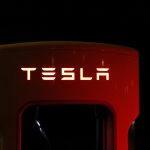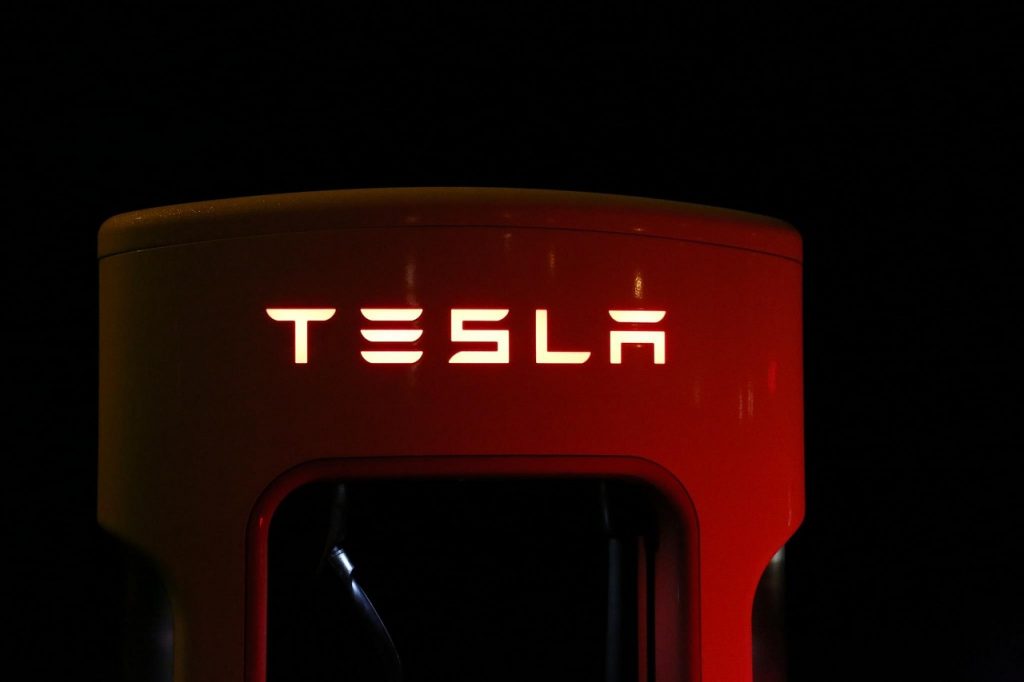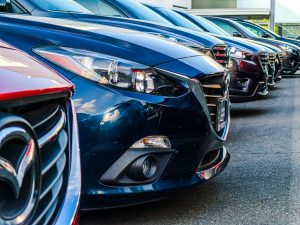While Europe’s overall car registrations are down, electric vehicles are seeing a significant rebound — with one major exception: Tesla. The American EV giant is falling behind as competitors gain momentum and consumer demand continues to shift.
According to the European Automobile Manufacturers’ Association (ACEA), battery electric vehicle (BEV) sales in the European Union surged again in February. Over 131,000 new fully electric cars were registered during the month, representing a year-on-year increase of nearly 24%. For the first two months of 2025, this brings the cumulative growth to 28%, pushing the EV market share back up to 15%.
In stark contrast, registrations for gasoline and diesel vehicles dropped sharply. By the end of February, gasoline-powered car sales had fallen by 20%, while diesel models saw a steeper drop of 28%. As a result, the combined market share of combustion-engine vehicles fell by approximately ten percentage points, landing just under 39%. Overall, new vehicle registrations across all categories decreased by 3% in the first two months of the year, totaling 1.69 million units.
Tesla’s Market Share Tumbles in the EU
Despite the rising popularity of electric vehicles, Tesla has failed to benefit from this upward trend. In January and February, only around 19,000 Teslas were newly registered in the EU — a dramatic decline of approximately 49% compared to the same period last year.
The steep drop comes as public perception of Tesla continues to shift. Over recent months, some companies have publicly removed Teslas from their fleets, citing concerns over the political behavior of Tesla CEO Elon Musk, particularly his involvement with the current U.S. administration. However, industry analysts also point to internal factors. A recent restructuring of Tesla’s production strategy may have disrupted deliveries, and the rollout of the updated Model Y likely caused some consumers to postpone purchases in anticipation of the facelifted version.
Moreover, Tesla is no longer the only game in town when it comes to cutting-edge EV technology. Competitors have narrowed the innovation gap, offering vehicles with comparable range, performance, and digital features — which may be luring potential buyers away from the once-dominant brand.
EU Considers Easing CO2 Targets for Automakers
Despite the positive numbers for EV sales, the EU is still falling short of its zero-emission vehicle targets, according to ACEA Director General Sigrid de Vries. Automakers that fail to meet specific EV sales thresholds could face steep fines under current EU regulations. Industry leaders have called on Brussels to offer some leeway, arguing that the financial burden is hitting the sector during an already challenging period.
De Vries emphasized that the core issue isn’t supply — manufacturers have a wide range of electric models ready to go — but rather sluggish consumer demand. High purchase costs, limited charging infrastructure, and insufficient incentives are slowing the transition.
In response, the European Commission plans to propose changes to current legislation on Tuesday. The amendment would give carmakers until 2028 — instead of the original 2025 deadline — to meet emissions reduction goals for their new vehicle fleets. The ACEA argues that this timeline extension must be accompanied by further government action, including investments in public charging networks and more robust financial incentives for buyers.
As the EU balances environmental goals with economic pressures, Tesla finds itself at a crossroads. Once the undisputed leader in electric vehicles, the company now faces mounting challenges — both from within and across the increasingly competitive EV market.










More Stories
Musk’s Offer for OpenAI: A Strategic Masterstroke
DAX Stays Close to Record as Markets Eye Trump’s Inauguration
Temporary Staffing Services Play Crucial Role in Supporting Blue-Collar Industries